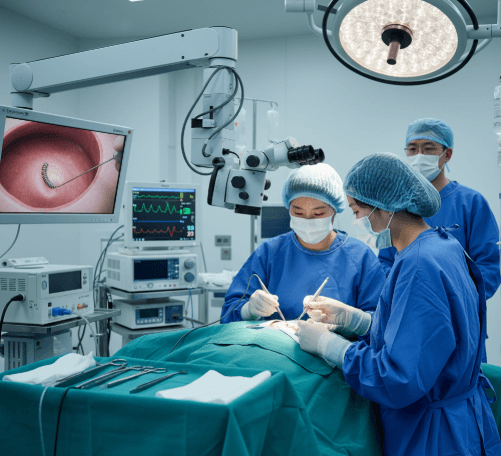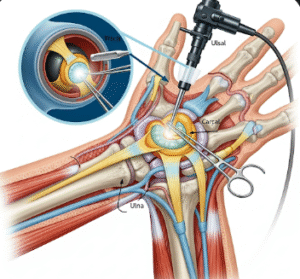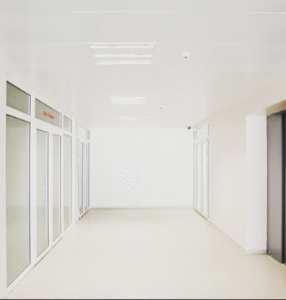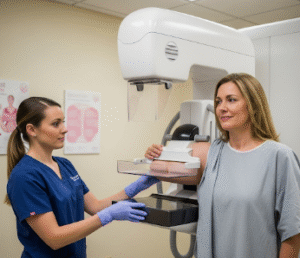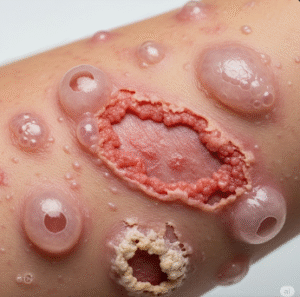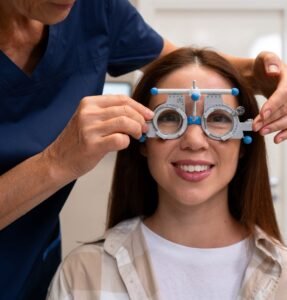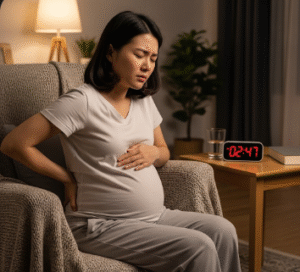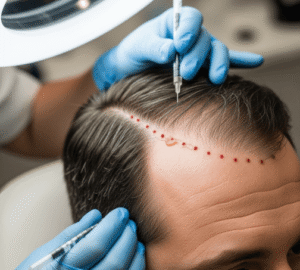What it is
Essure was a permanent birth control device consisting of small metal and fiber coils placed inside the fallopian tubes to block them and prevent pregnancy. Over time, some women experienced serious side effects, leading to the discontinuation of Essure in many countries.
Essure removal is a surgical procedure done to take out the coils and, in many cases, restore comfort or fertility. In Korea, Essure removal is performed by skilled gynecologic surgeons using advanced laparoscopic or hysteroscopic methods.
✔️ Reasons for removal: Pain, abnormal bleeding, device migration, or desire for future pregnancy.
✔️ Methods used: Laparoscopy, hysteroscopy, or hysterectomy in severe cases.
✔️ Specialization: Requires an experienced surgeon because Essure coils can break or embed in tissues.
Why it’s done
Women in Korea may seek Essure removal for several reasons:
🔹 Chronic pelvic pain after device placement
🔹 Abnormal bleeding or irregular periods
🔹 Device migration or perforation of the uterus or tubes
🔹 Autoimmune-like symptoms (fatigue, joint pain, headaches) reported by some patients
🔹 Desire to restore fertility after Essure placement
💡 Highlight: Essure removal is often sought to improve quality of life and, in some cases, regain the ability to conceive.
Alternatives
Instead of Essure removal, other options may be considered in Korea:
➡️ Symptom management with medications (for pain or bleeding)
➡️ Hysterectomy – removal of the uterus in severe cases
➡️ In-vitro fertilization (IVF) – possible even if Essure is left in place
➡️ Other long-term contraceptives – if fertility restoration is not a concern
⚠️ Note: Removal is generally recommended for women experiencing significant symptoms or complications.
Preparation
Preparation for Essure removal in Korea involves several steps:
✔️ Comprehensive consultation – with a fertility or gynecologic specialist
✔️ Detailed medical history – focusing on Essure placement and symptoms
✔️ Pelvic imaging – ultrasound, hysterosalpingography (HSG), or MRI to locate the coils
✔️ Blood tests – to ensure safe surgery
✔️ Counseling – realistic discussion about risks, fertility outcomes, and alternatives
💡 Tip: Korean hospitals emphasize detailed diagnostics before surgery to prevent complications such as coil breakage.
How it’s done
Essure removal in Korea is performed using advanced surgical methods, depending on the patient’s condition.
- Hysteroscopic removal → If coils are still visible inside the uterus, they may be removed through the cervix using a hysteroscope.
- Laparoscopic removal → Small abdominal incisions allow surgeons to carefully remove Essure devices from the fallopian tubes.
- Salpingectomy → Sometimes, the fallopian tubes are removed along with the Essure coils to ensure complete extraction.
- Hysterectomy → In rare, severe cases, the uterus and tubes may need to be removed.
⏩ Surgery typically takes 1–3 hours depending on complexity. Korean doctors often use laparoscopy with magnification, which minimizes scarring and speeds recovery.
💡 Highlight: Precision is key because incomplete removal may leave fragments behind, causing persistent symptoms.
Recovery
Recovery after Essure removal in Korea is generally smooth:
✔️ Most patients go home the same day or next day
✔️ Mild abdominal discomfort for a few days is common
✔️ Return to normal activities in about 1–2 weeks
✔️ Fertility may be restored if fallopian tubes remain intact
✔️ Many women report improvement in pain and bleeding after removal
When to contact a doctor:
➡️ Severe abdominal pain or persistent fever
➡️ Heavy vaginal bleeding
➡️ Signs of infection at incision sites
➡️ Worsening symptoms after surgery
💡 Important: Korean clinics provide structured follow-up care, often including fertility counseling if pregnancy is desired.
Treatment option in Korea
Korea is a strong choice for Essure removal due to its advanced surgical expertise:
⭐ Specialized gynecologic surgeons experienced in Essure complications
⭐ Modern laparoscopic and hysteroscopic technology
⭐ Affordable surgical costs compared to many Western countries
⭐ Multilingual support for international patients at major hospitals
⭐ Fertility care integration – patients can transition to IVF or reversal if desired
💡 Highlight: Korean hospitals offer safe, precise, and compassionate care, making them a reliable destination for Essure removal.
Key Highlights
✔️ Essure removal relieves symptoms such as pain and abnormal bleeding
✔️ Advanced laparoscopic and hysteroscopic methods are widely used in Korea
✔️ Fertility may be restored, depending on the case
✔️ Recovery is fast – most women return to activities in 1–2 weeks
✔️ Korean healthcare system ensures accuracy, safety, and affordability

